
Loading...

To ensure the food quality, there are several laws and regulations formulated by FSSAI to check manufacturers from producing food of low-grade quality,
About the Author

Dheeraj Budhori, an Internet Researcher & SEO, started his Optimizer journey in 2019. His top executive is his passion for search engine analysis & interest in understanding User psychology
Related articles
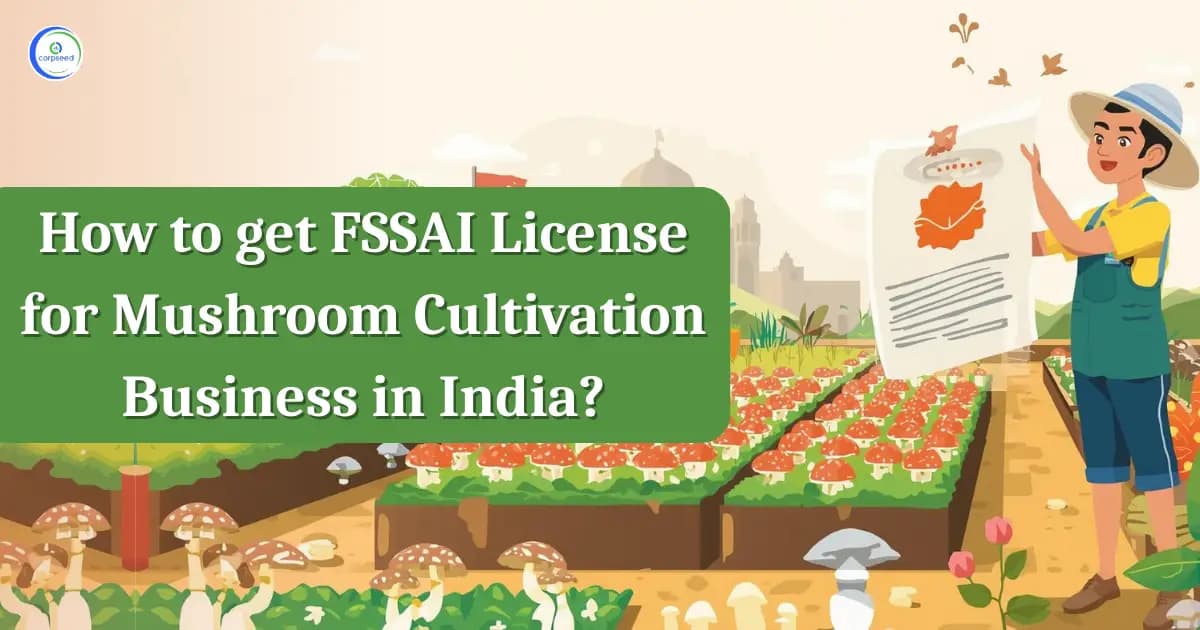
How to Get FSSAI License for Mushroom Cultivation Business in India
2026-02-13
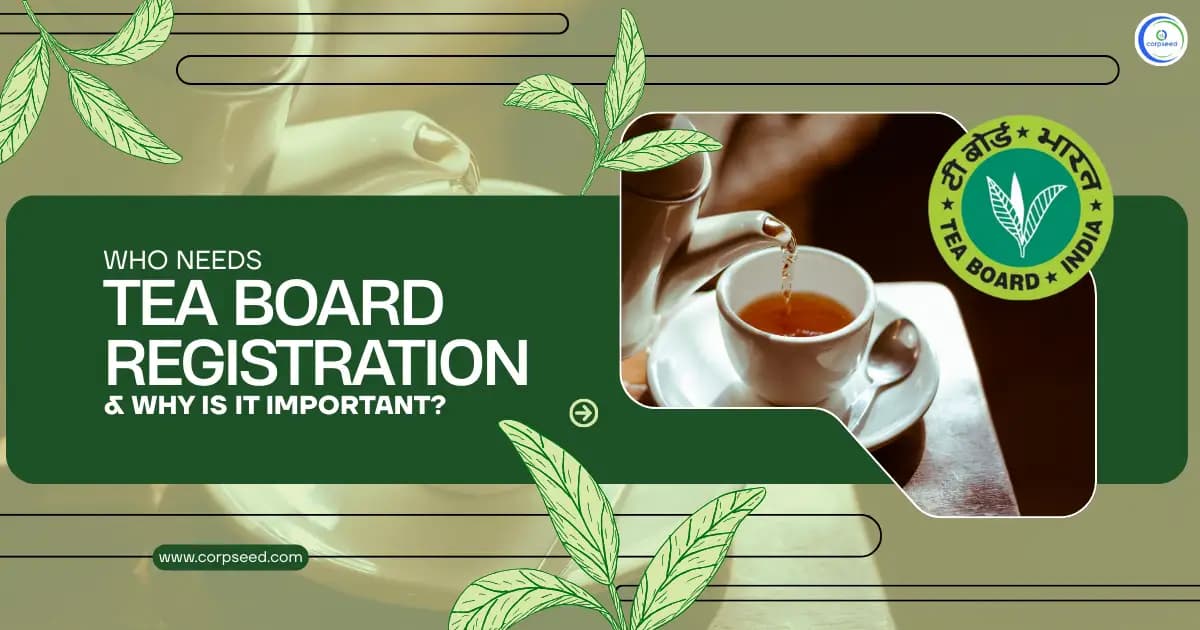
Who Needs Tea Board Registration & Why Is It Important?
2026-02-10
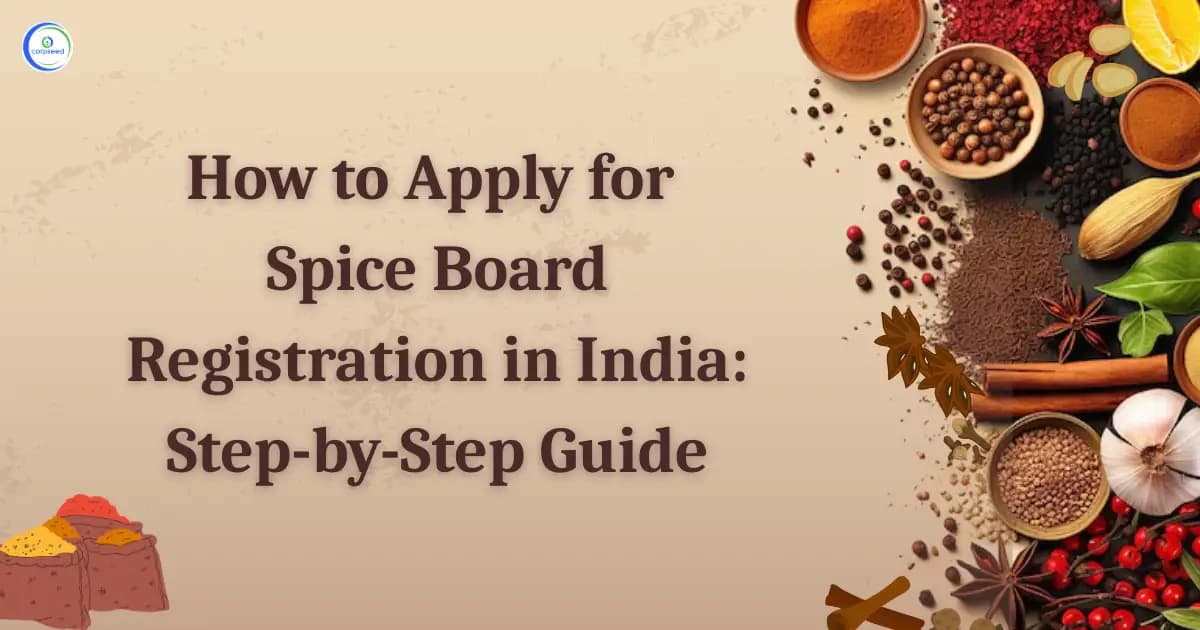
How to Apply for Spice Board Registration in India: Step-by-Step Guide
2026-01-02

Plant Protection Code 2025: New Rules for Tea Licenses
2025-11-29
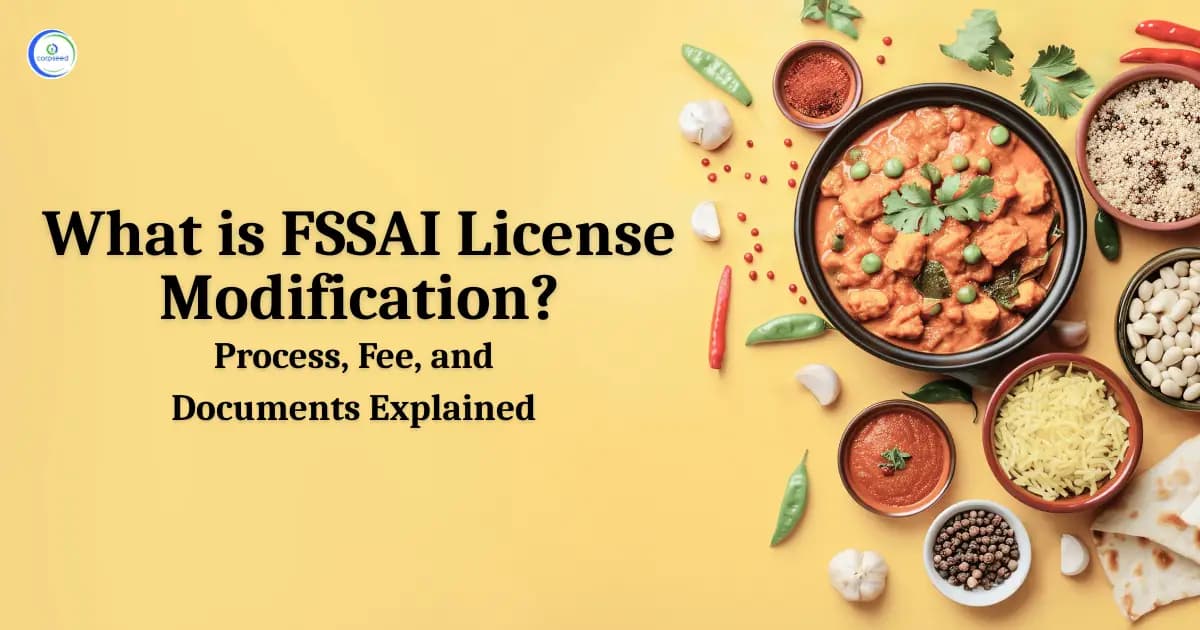
What is FSSAI License Modification? Process, Fee, and Documents Explained
2025-09-19
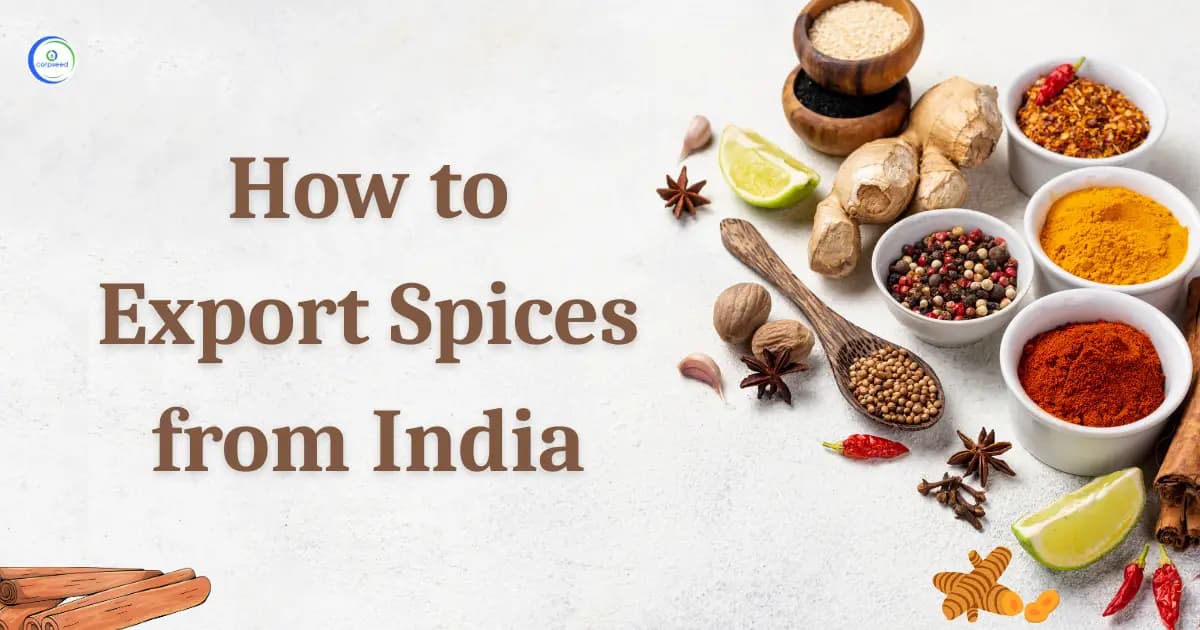
How to Export Spices from India: Complete Process and Documentation Guide
2025-08-14